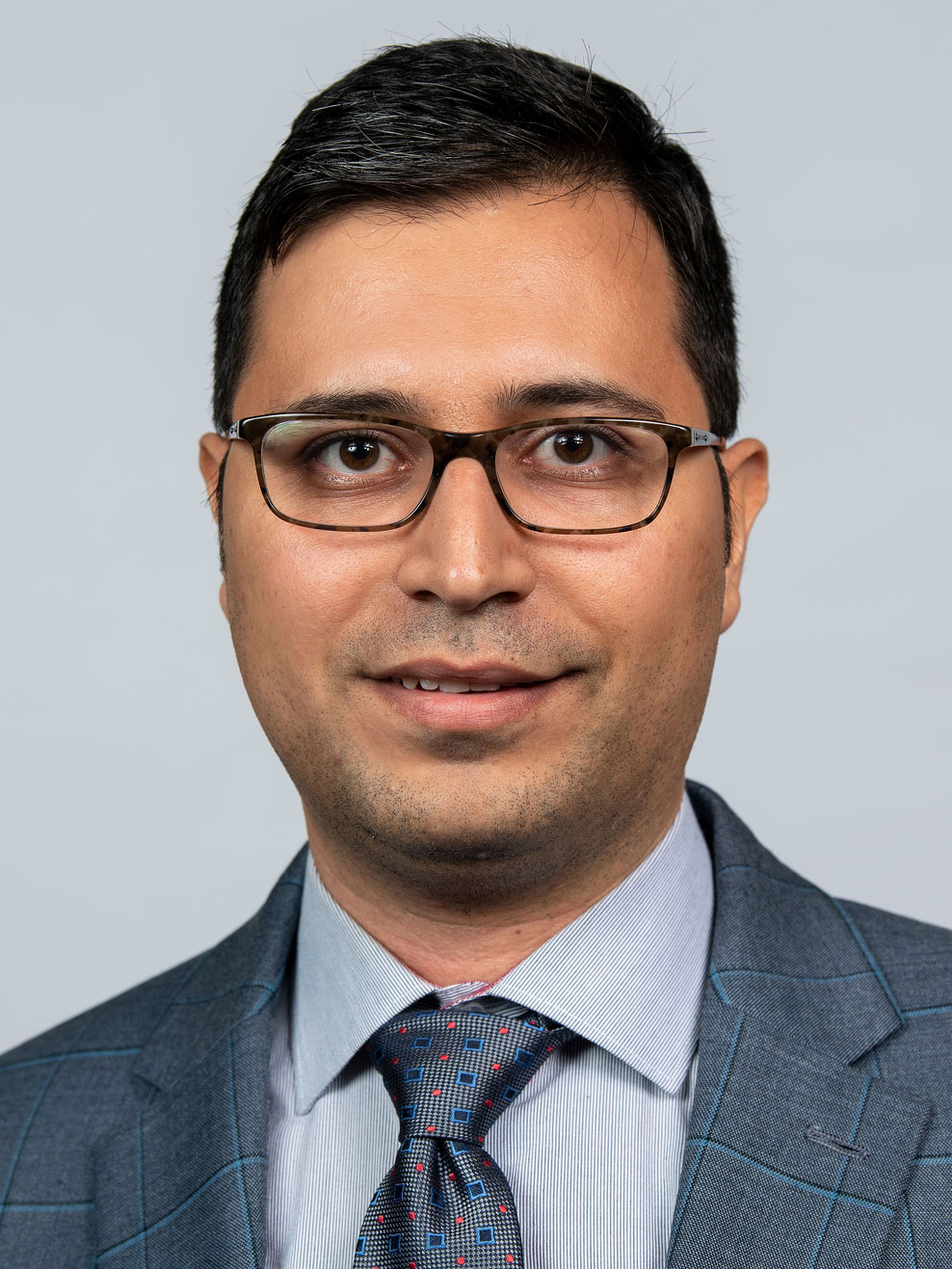Spring ’24 CSC@USC/CommNetS-MHI Seminar Series
 |
Milad Siami,
Northeastern University
|
Abstract
This presentation introduces innovative strategies for enhancing control and sensing in large-scale complex networks, with a focus on minimizing resource usage to improve system performance. We address the challenge of non-submodular sensor scheduling in large-scale linear time-varying dynamics, tackling combinatorial, non-convex, NP-hard tasks. Beginning with a simple greedy algorithm, we present an approximation bound based on submodularity and curvature concepts, showing its superiority over existing methods. Shifting to discrete-time autonomous vehicle platoons, we employ graph-theoretic principles for state feedback laws, analyzing stability conditions based on underlying graph properties and update cycles. We explore H2-based robustness, demonstrating the impact of network density and update cycles on system performance. Specifically, we show that denser networks (i.e., networks with more communication links) might require faster agents (i.e., smaller update cycles) to outperform or achieve the same level of robustness as sparse networks (i.e., networks with fewer communication links). Practical examples and results from simulations and experiments, including work with Quanser's Qlabs and Qcars, validate the effectiveness of our approaches, emphasizing strategic sensor scheduling and robust design in autonomous vehicle platoons.
Biosketch
Milad Siami is an Assistant Professor in the Department of Electrical and Computer Engineering at Northeastern University and a Core Faculty Member of the Institute for Experiential AI at the same institution. Prior to joining Northeastern, he served as a Postdoctoral Associate at the MIT Institute for Data, Systems, and Society. He earned his M.Sc. and Ph.D. degrees in Mechanical Engineering from Lehigh University and was a long-term visiting researcher at the Institute for Mathematics and Its Applications at the University of Minnesota. Additionally, he has experience as a Software Engineering Research Intern in the Modeling and Data Mining Group at Google Research NYC. Dr. Siami's research primarily focuses on the structural/graphical underpinnings of large-scale dynamical networks and enhancing the reliability and security of AI-based autonomous systems. His specific areas of interest include distributed control systems, multi-robot systems, and autonomous networks. His current research is supported by grants from the National Science Foundation (NSF), the Department of Homeland Security (DHS), the Office of Naval Research (ONR), and the Army Research Laboratory (ARL).
Special session
The participants will have the chance to see Quanser's latest research and teaching hardware in person at the event, including the autonomous vehicles that Prof. Siami uses in his research. Arian Panah (Manager of Strategic Academic Partnerships at Quanser) will showcase the Robotics and Controls platforms including Self Driving Car (QCar), Unmanned Aerial Vehicle (QDrone), Robotic Arm (QArm), Stationary Helicopter (Quanser Aero), and their Digital Twins. Arian will be available during and after the event to answer questions about the products and share information about Quanser's special offering for USC faculty.
Acknowledgement: seminar series is supported by the Ming Hsieh Institute and Quanser.
